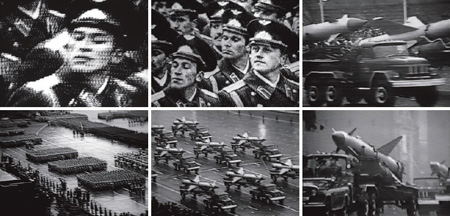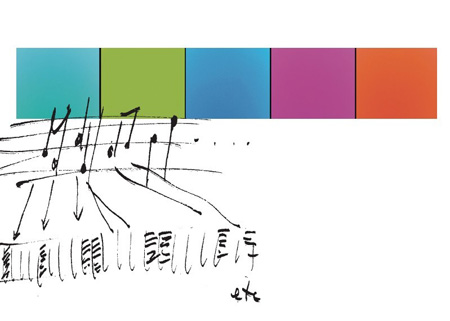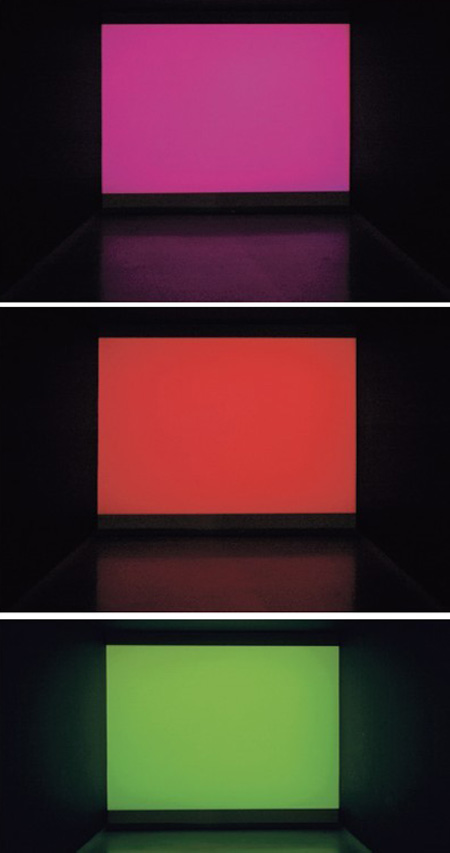|
Introduction of the artist:
Josef ROBAKOWSKI (Poland)
Born in 1939, Poznań, Poland. Lives and works in ?ód?, Poland.
Selected
solo exhibitions: 2009 My Very Own Cinema, Ikon Eastside, Birmingham, UK; 2007
Mirages of Józef R., Muzeum Sztuki, ?ód?, Poland; 2002 The Skies Of Assumed
Time, Ma?a Galeria, Warsaw; 2000 From My Window, Frankfurterkunstverein,
Frankfurt, Germany; Selected group exhibitions: 2011 Ostalgia, New Museum, New
York; 2011 History in Art, MOCAK, Kraków, Poland; 2009 All Creatures Great and
Small, Zach?ta, Warsaw; 2009 Sound and Visions, Tel Aviv Contemporary Art
Museum; 2007 2nd Moscow Biennale; 2005 Two Asias, Two Europes, Duolun Museum of
Modern Art, Shanghai; 1998 The Bridge (Construction in Process VI), Art Centre,
Melbourne; 1998 The Lódz Film School Of Poland: 50 Years, MoMA, New York; 1993
Polnische Avantgarde 1930-1990, Neuer Berliner Kunstverein, Berlin.
!
Introduction of works:



Amongst the first generation of Polish artists to work with video, Józef
Robakowski (born 1939) is a pioneer of independent Polish film. A founder member
of numerous artists’ organisations, he was a professor at the Film, Television
and Theatre State Academy in ?ódz from 1970 to 1981, until removed from his
position by the communist authorities and forbidden to either leave the country
or show his work in Poland.
From the early 1970s Robakowski interrogated the language, material and
mechanics of film, a structural approach corresponding closely to that
developing in Britain and across Western Europe and North America during the
same period. To this he brought a long-standing interest in Constructivist ideas
and conceptualist avant-garde traditions, all filtered through a strong
insistence on authenticity and personal identity.
My Very Own Cinema, a highly subjective body of work produced between 1970
and 2000, was described by the artist as “my way of remembering myself.” Its
undercurrent is the ideological shift in Eastern Europe from socialism to
capitalism and the paranoia of life under military rule in the 1980s. By filming
the world around him and narrating everyday events and images in his own, often
wryly humorous voice, he deployed a kind of personal resistance to the political
situation imposed on him. From My Window, 1978–1999 (2000), for example, was
filmed over more than twenty years from Robakowski’s apartment. Looking down
onto the public square below, his witty pseudo-documentary observes the daily
activities of his neighbours and mass gatherings such as the annual May Day
marches.
| 
